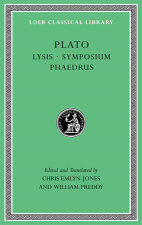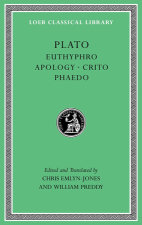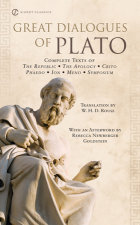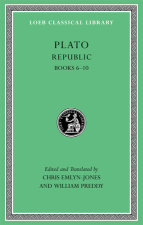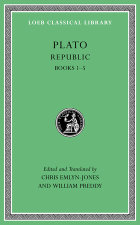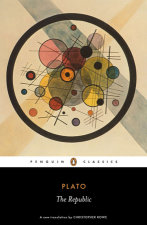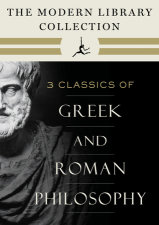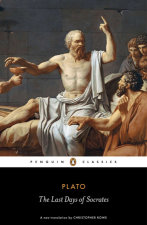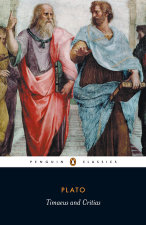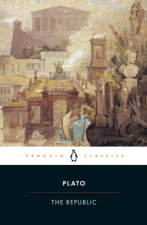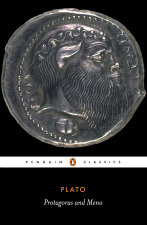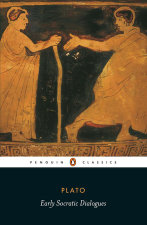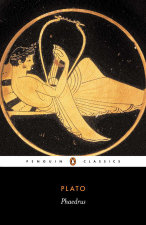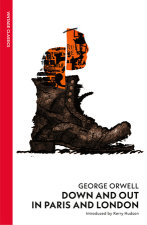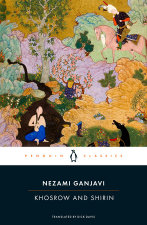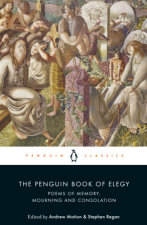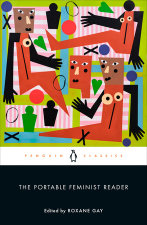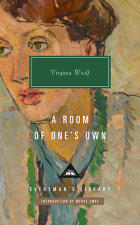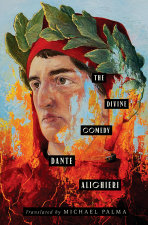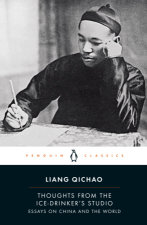Gorgias
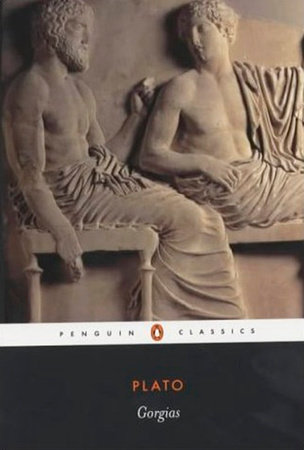
The classic political dialogue, as relevant today as in Plato's time
Taking the form of a dialogue between Socrates, Gorgias, Polus and Callicles, Gorgias debates perennial questions about the nature of government and those who aspire to public office. Are high moral standards essential or should we give our preference to the pragmatist who gets things done or negotiates successfully? Should individuals be motivated by a desire for personal power and prestige, or genuine concern for the moral betterment of the citizens? These questions go to the heart of Athenian democratic principles and are more relevant than ever in today's political climate.
For more than seventy years, Penguin has been the leading publisher of classic literature in the English-speaking…
$13.50
June 29, 2004Plato, with Socrates and Aristotle, is the founder of the Western intellectual tradition. Like his mentor Socrates, he was essentially a practical philosopher who found the abstract theory and visionary schemes of many contemporary thinkers misguided and sterile. He was born about 429 BCE in Athens, the son of a prominent family that had long been involved in the city's politics. Extremely little survives of the history of Plato's youth, but he was raised in the shadow of the great Peloponnesian War, and its influence must have caused him to reject the political career open to him and to become a follower of the brilliantly unorthodox Socrates, the self-proclaimed "gadfly" of Athens. Socrates' death in 399 BCE turned Plato forever from…
